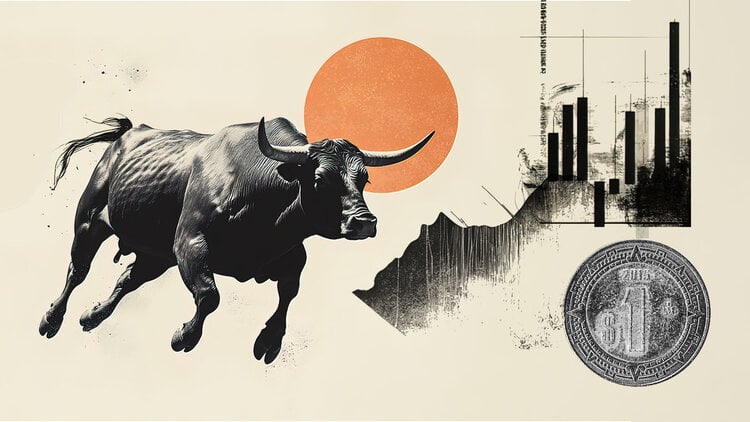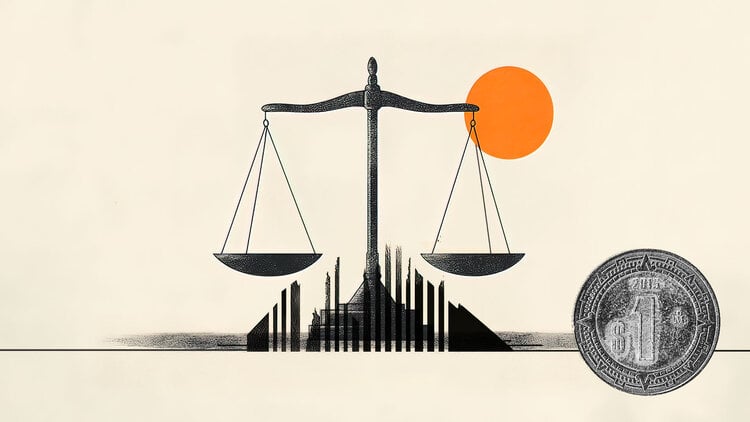A group of scientists has discovered “at least four new species of deep-sea octopus” in the sea near Costa Rica, according to a statement from the Schmidt Ocean Institute, a nonprofit organization dedicated to ocean research.
During two expeditions to underwater mountains off the Pacific coast of Costa Rica, researchers aboard the research vessel Falkor discovered two octopus nurseries in hydrothermal vents, the statement said.
“Our team discovered new hydrothermal vents off the coast of Costa Rica and confirmed that they are home to deep-sea octopus nurseries and unique biodiversity,” said Dr. Beth Orcutt, expedition co-director, Bigelow Laboratory for Ocean Sciences.
The institute claims that one of the octopuses discovered is a species of Muusoctopus, octopus without an ink sac that lives at great depths off the coasts of the Pacific and Atlantic oceans, near America, according to Volume 4 of the FAO Catalog of Species for Fishery Purposes. This new species will be called the Golden Octopus, in honor of the area where it was discovered, a rocky outcrop known unofficially as El Dorado Hill.
“Of the four new species from Costa Rica, only the golden octopus has been observed incubating its eggs in hydrothermal vents. The discovery adds evidence that the genus Muusoctopus it evolved to incubate its eggs in warm springs on the sea floor,” the statement added.
According to the Schmidt Ocean Institute, the four species have been identified and are currently being described by Dr. Janet Voight, associate curator of invertebrate zoology at the Field Museum of Natural History, and Fiorella Vásquez of the University of Costa Rica Zoological Museum.
As a result of the two Falkor expeditions, more than 300 specimens of deep-sea animals will be archived at the Zoology Museum of the University of Costa Rica. According to researchers, this is one of the first times that all biological specimens collected will be housed in the country, instead of being sent to the United States or Europe.
“Hosting the collection in Costa Rica allows local scientists and students to easily access samples for research, with the potential to inform regional deep-sea management strategies,” the institute states.
Source: CNN Brasil
Charles Grill is a tech-savvy writer with over 3 years of experience in the field. He writes on a variety of technology-related topics and has a strong focus on the latest advancements in the industry. He is connected with several online news websites and is currently contributing to a technology-focused platform.







